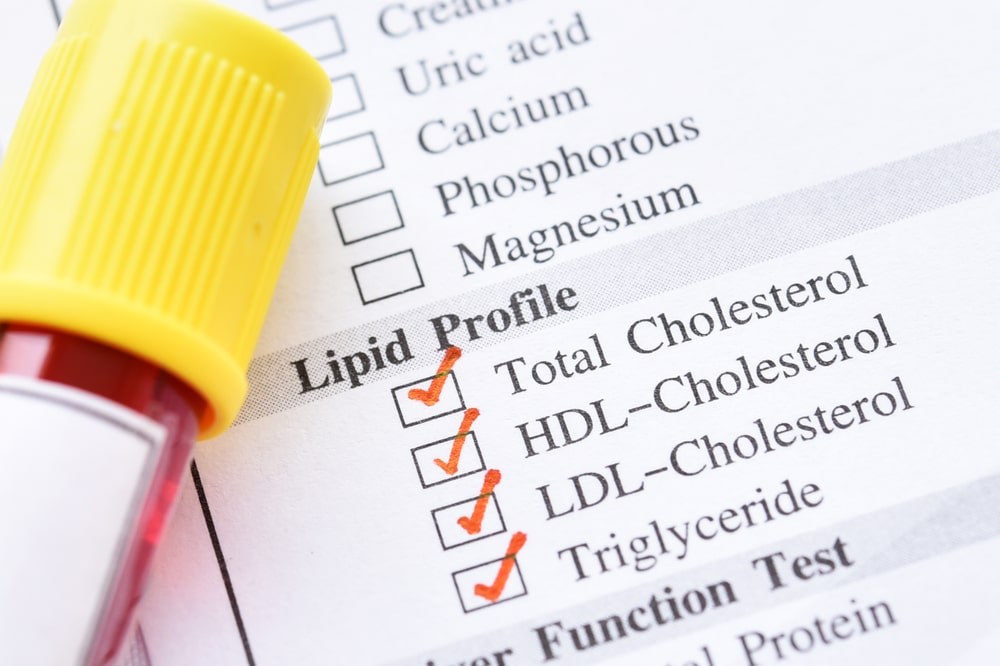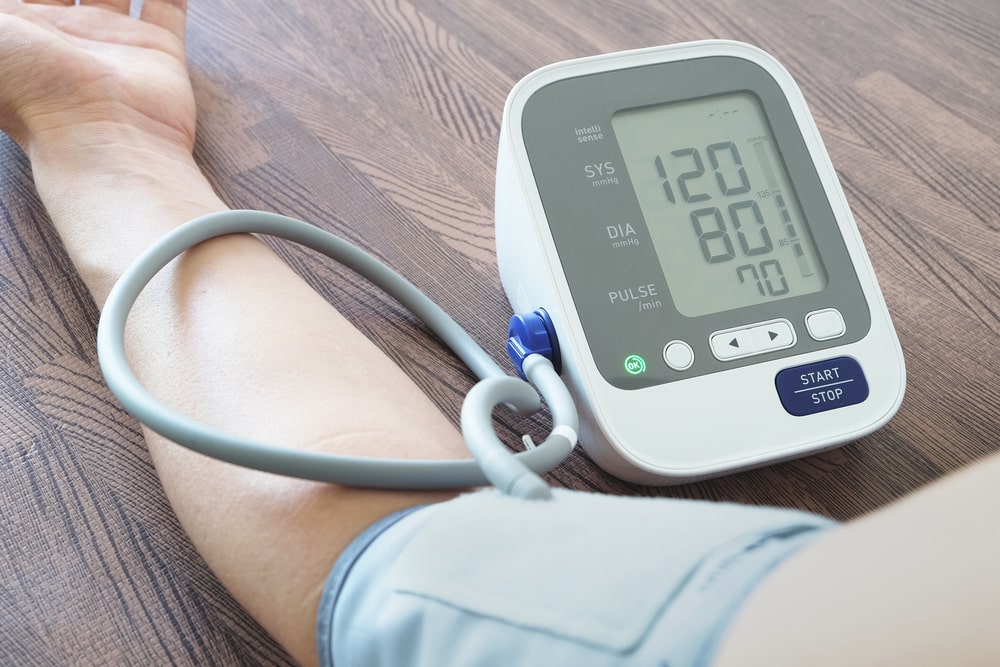All seniors should know about these preventive care tests!
As you transition into your golden years, it’s important to prioritize your health. One key aspect of maintaining the best possible health is staying updated with preventive care tests. These tests aren’t just a recommendation. Doctors say that they’re vital after age 50.
By regularly undergoing these preventive care tests, you can detect potential health problems early, giving you the best chance at effective treatment and a longer, healthier life.
That’s why here at Golden Years Bliss, we want to talk about preventive care tests that are an absolute MUST for people over 50. From cholesterol checks to blood pressure screenings, we’ll cover everything you need to know.
So, whether you’re approaching your golden years or already well into them, there’s always time to prioritize your health. Let’s discuss the 9 preventive care tests and ensure you’re on the path to wellness and vitality for many years to come.

Preventive care test: Cholesterol Profile
Beginning from childhood, substances like lipids and cholesterol clog up the arteries. As time goes on, this buildup tightens the passageway and, in turn, restricts blood flow to other organs.
This can ultimately lead to heart disease, one of the most significant causes of death in the United States. The amount of cholesterol is one of its biggest risk factors. As you grow older, your risk of getting heart disease rises.
That’s why you should monitor the health of your heart and try to maintain healthy cholesterol levels. When getting a blood sample, your physician can check your cholesterol and the probability of heart disease.
Keep getting checked out at least once every five years. Speak to your doctor and let them know if you have any changes in your lifestyle because you may need to get tested more frequently.
Preventive care test: Bone Density Scan
As you age, there’s an increased chance of fractures, leading to pain, deformity, and even disability. But you can reduce your likelihood of a fracture by obtaining a bone mineral density scan.
This test examines the probability of osteoporosis, which turns your bones weak and brittle. It estimates your bone mass, which is a critical measure of your bones’ strength.
According to experts, women aged 65 or older should undergo this scan. But remember that this is also a severe condition for older men. Those age 75 or older are also at a higher risk of fractures, and this screening test may help them.
Preventive care test: Colon Cancer Screening
This type of cancer is the second-leading cause of cancer deaths in the US. And unfortunately, once you turn 45, your chances of getting it go up. So unless you’re at greater-than-average risk, your doctor will most likely recommend screenings once you reach that 45-year mark.
Testing can help detect colon cancer early on. How often you get screened depends entirely on which tests you and your physician determine you should have and what the results are. The most common screenings are:
-Multi-targeted stool DNA testing: It looks for DNA mutations that might signal an issue.
-Colonoscopy: It’s usually given once every ten years.
-Fecal occult blood test: Most People get this annually
-CT colonography: It uses X-rays to take images of your colon. They’re then compiled to help your doctor see if anything’s wrong.
-Sigmoidoscopy: Most get this one every five years, with a fecal occult blood test every couple of years.
Preventive care test: Pap Smear and Pelvic Exam
This one checks for cervical cancer, which is fairly easy to treat if caught early. Even though your risk of cervical cancer goes down as you get older, your need for routine Pap tests doesn’t stop with menopause.
The US Preventive Services Task Force says that women between the ages of 21 and 65 should get a Pap test done every three years.
You could also get screened every five years once you turn 30 instead of using human papillomavirus testing or a combination of both the Pap and HPV tests if both tests turn out negative the first time you take them.
If you have a higher risk of cancer, you might need a Pap test more often. Talk to your doctor to find out what’s best for you.

Preventive care test: Mammogram
According to disease experts and doctors, this is the most important method of finding early symptoms of breast cancer. But, there are debates on when and how often you should get a mammogram.
The US Preventive Services Task Force suggests that women aged 50 to 74 have this screening every two years. On the other hand, the American Cancer Society recommends getting it annually.
Furthermore, there are other risk factors that you should think about, including your family history. If you have close relatives who had breast cancer at an early age, you should consider getting yearly mammograms.
It’s still best to ask your physician to determine your recommended schedule, though.
Preventive care test: Abdominal Aortic Aneurysm (AAA) Screening
If you’re a male between the ages of 65 to 75 and have ever smoked, you should definitely take this test. It’s a screening ultrasound that checks to see if a site in the bottom section of your abdominal aorta has dilated.
Most of these bumps remain little, evolve slowly, and pose no threat. But, a slight bulge can be irregular. It might rupture, generally with no warning sign and possibly tragic consequences. Depending on your AAA, tests are advised every six months, annually, or every two years.
Preventive care test: Depression Screening
Depression is a leading cause of disability in our country. Yet it’s often overlooked. It’s essential to note that it’s not a normal part of the aging process. This condition can be challenging to identify because adults might show symptoms different from those of younger people.
For example, confusion or attention issues caused by depression may look like Alzheimer’s disease. If you’re feeling anxious, sad, or hopeless, think about getting some help immediately.
Call a physician who specializes in mental health conditions. Your healthcare provider can conduct an interview, physical exam, or psychological evaluation to determine root causes.
Preventive care test: Diabetes Test
Over 30 million Americans are living with diabetes. And sadly, seven million of those are undiagnosed. If left untreated, this condition can significantly affect your health.
It can result in hearing loss, limb amputation, eye problems, stroke, kidney failure, heart attack, and hypertension.
Depending on the risk factors you face, you should take this preventive care test annually or once every three years. Speak to your doctor to determine the frequency of your screenings.

Preventive care test: Blood Pressure Check
Once you pass the age 50 mark, you should check your blood pressure regularly since you might not notice it getting high. Having high blood pressure can damage your circulatory system and prove to be fatal for your eyes, brain, and kidneys.
It’s also called a “silent killer” because no apparent symptoms show up until it’s already too late. The only way to tell if you suffer from high blood pressure is by measuring it using a Blood Pressure Monitor, here’s our favorite from Amazon.
If it’s below 120/80, that’s considered within the normal range. You can also take a preventive care test annually. If it becomes regularly elevated, schedule an appointment with your doctor so he can closely monitor you.
As we know, age comes with many diseases and problems. But don’t let them take over your entire life. Closely monitor your health through these preventive care tests, and let your 50s be the best time of your life!
Don’t forget to share your thoughts with us in the comments section. And if you found this post helpful, Golden Years Bliss has many more like it. We highly recommend you also check out: 4 Hidden Emotional Phases of Retirement No One Talks About










Leave a Reply